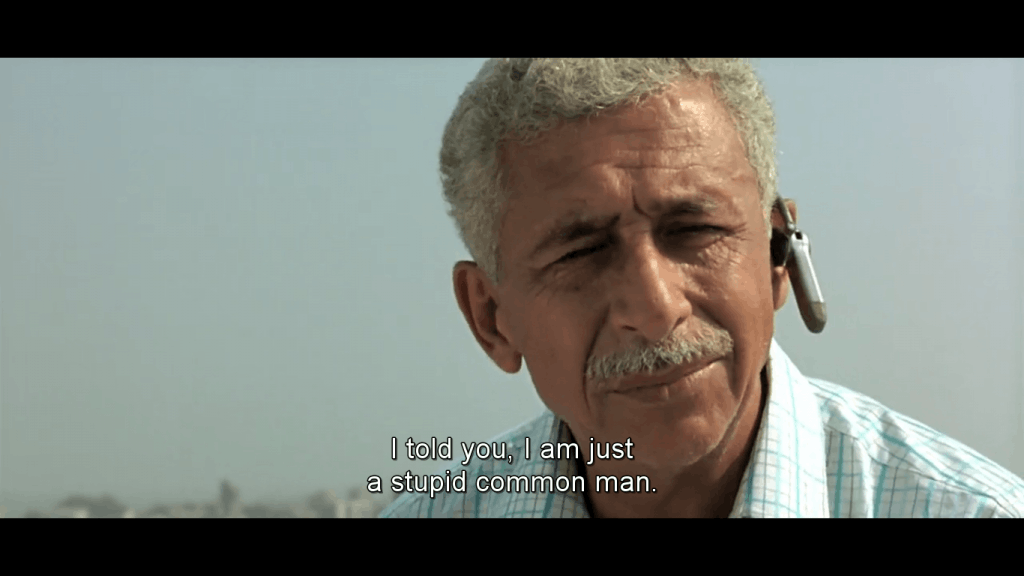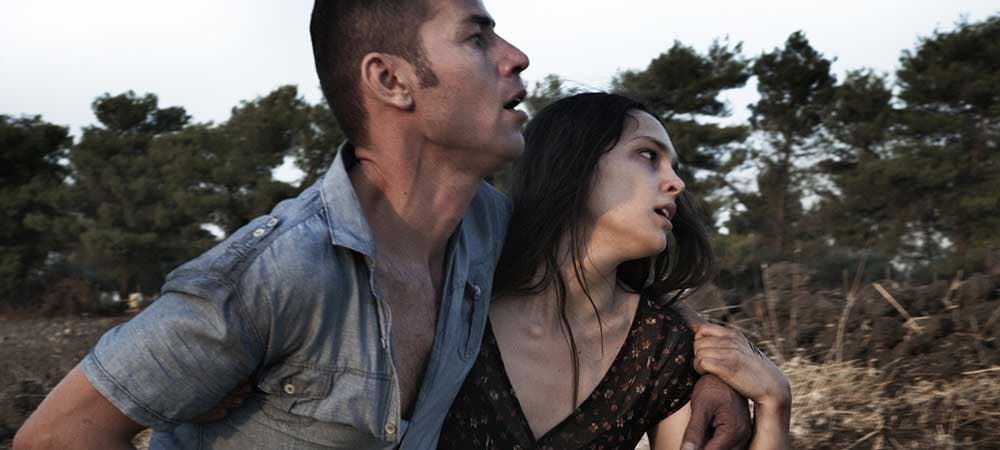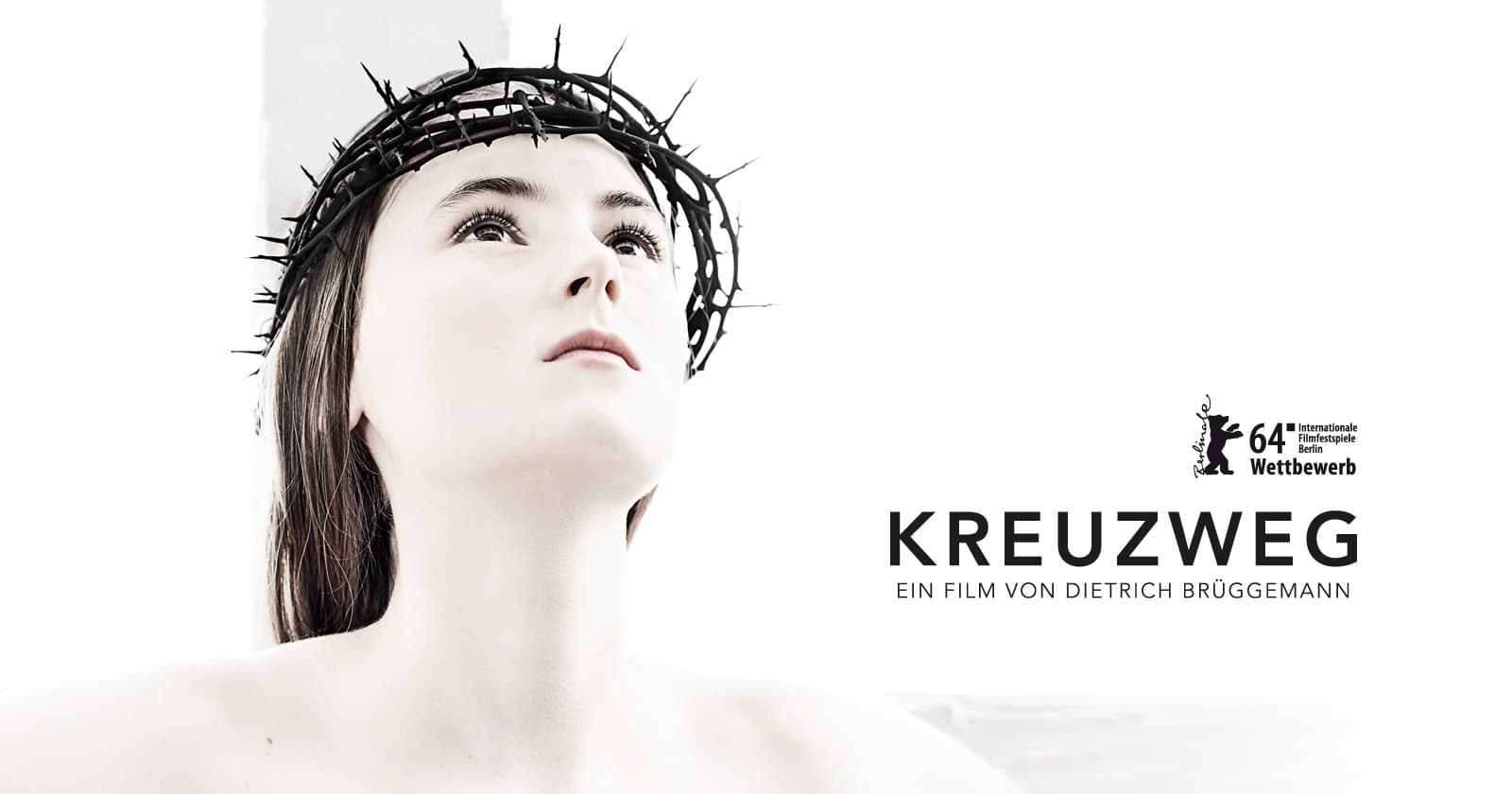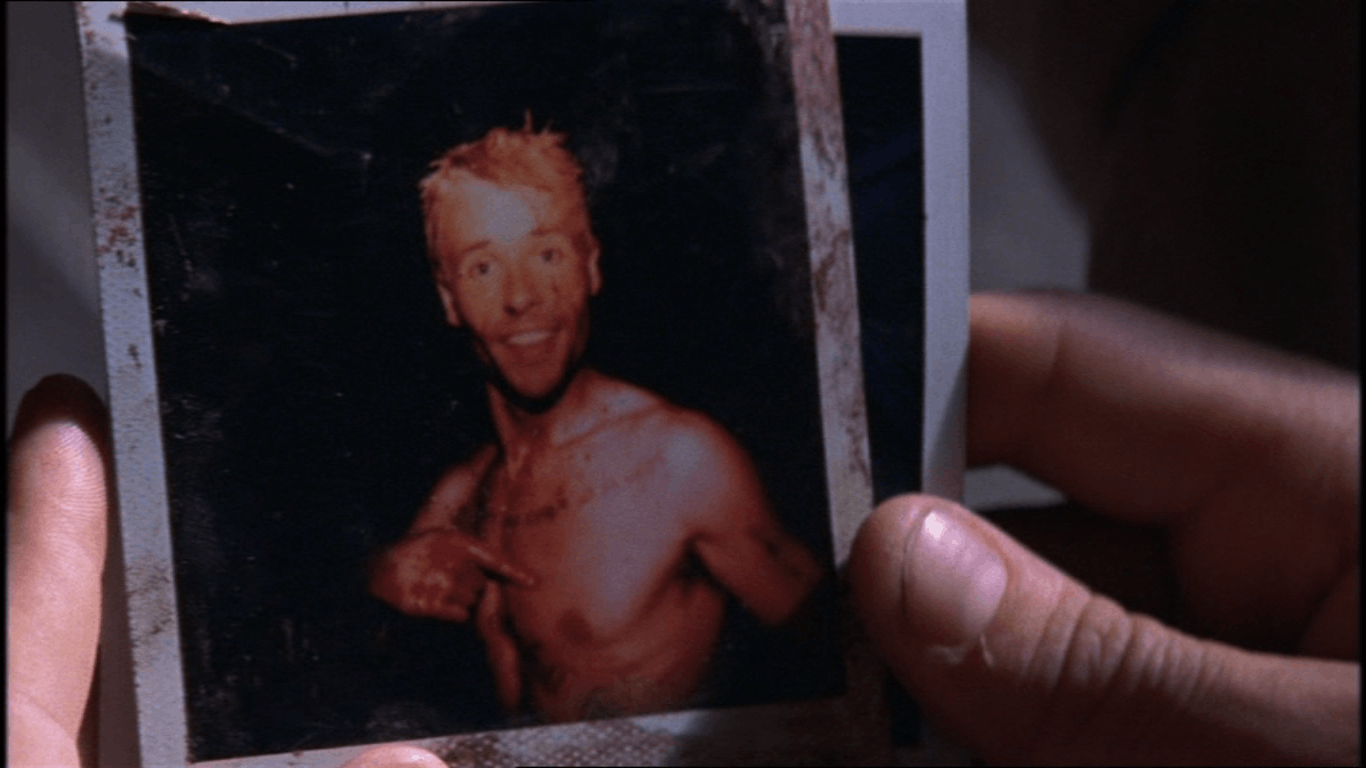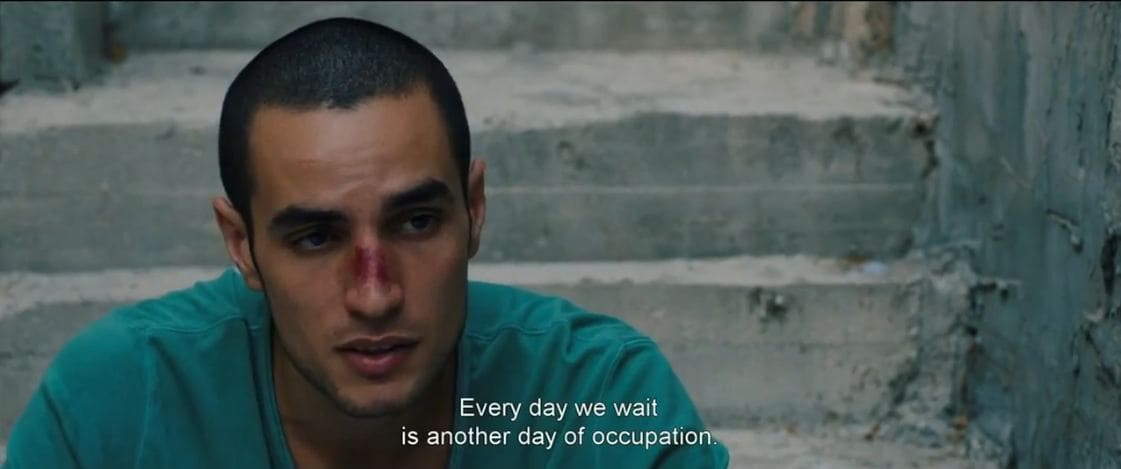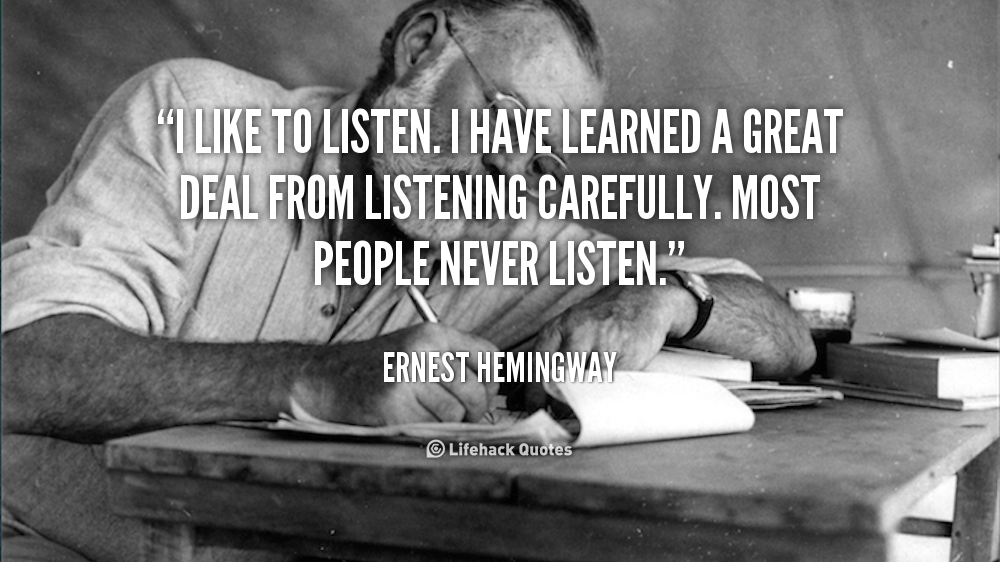
We use storytelling to escape from our most bitter and indigestible truths. One of the constants in all the stories we tell, across all cultures, is this Star Wars morality: a division of the world into good and evil. Good guys and bad guys only exist in stories. Every act of evil throughout history has been committed by human-beings like us, and every time we divide the world into good guys and bad guys, we actively deceive ourselves. And it’s a dangerous lie, because it helps us run away from the unpleasant reality that evil is something human. (…)There are no evil people, there are only people who commit evil. Whenever we take that leap, from people who do evil to evil people, then we’re just using stories to escape from the things in ourselves that we cannot face up to.
-Joshua Oppenheimer-[1]
In 1965 and 1966, followers of Muhammad Suharto’s anti-communistic regime tortured and murdered at least half a million people.[2] The perpetrators were never officially punished for their crimes. History is always written by the victors, and in their grand narrative, justice has been done. This explains the surrealistic opening of Joshua Oppenheimers The Act of Killing (2012): Anwar Congo’s re-enacted execution on the rooftop (illustr. 1) is a horrifying showcase of a self-proclaimed war hero. What we may expect is regret, what we actually see is pride.[3]
Lees verder Emotional truth over politics? The voice of the director in The Act of Killing →


